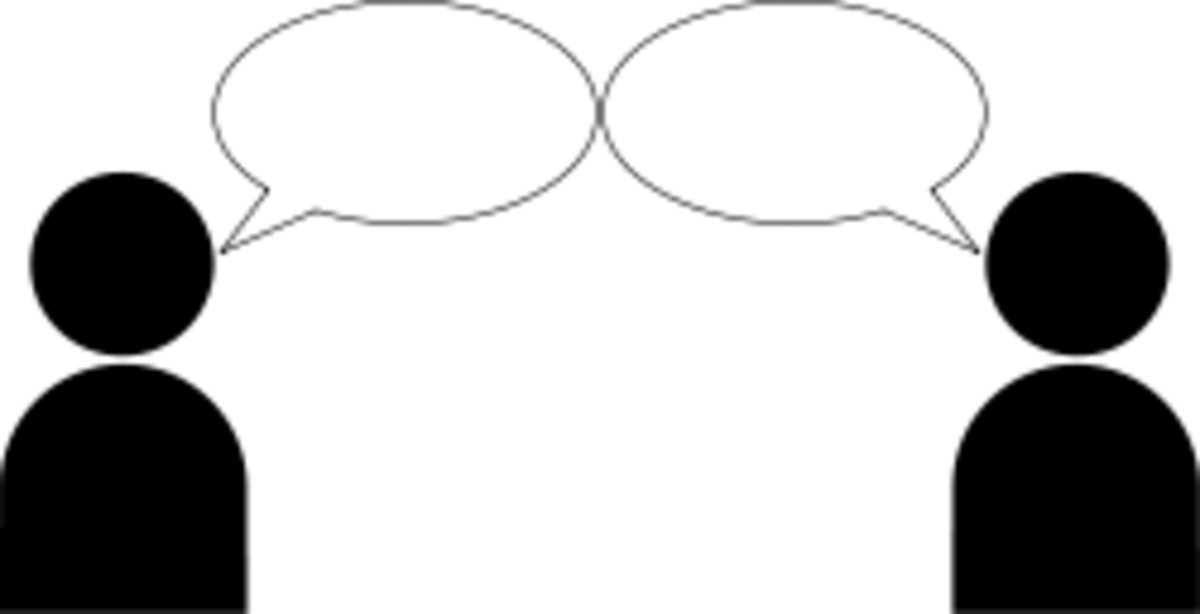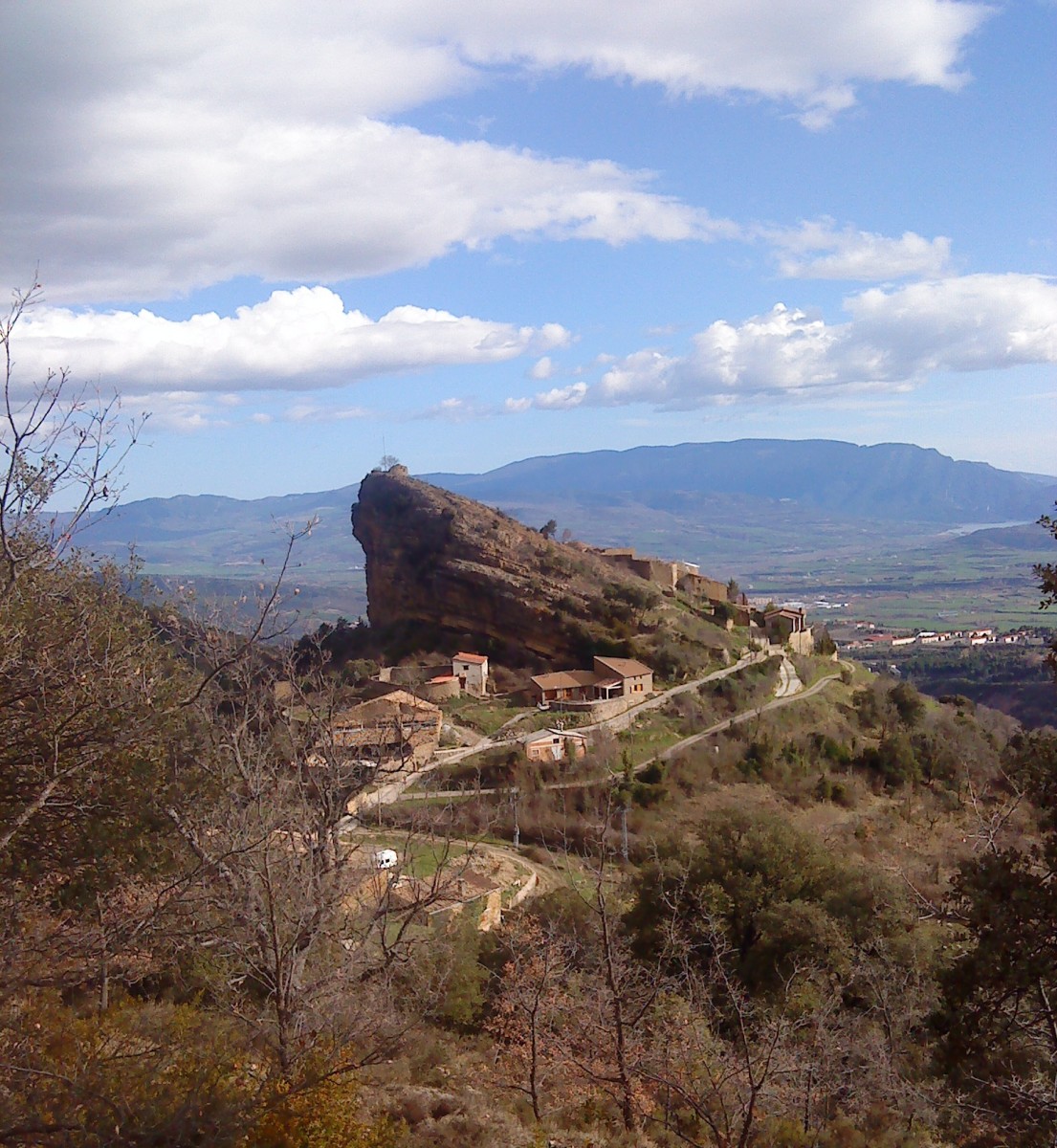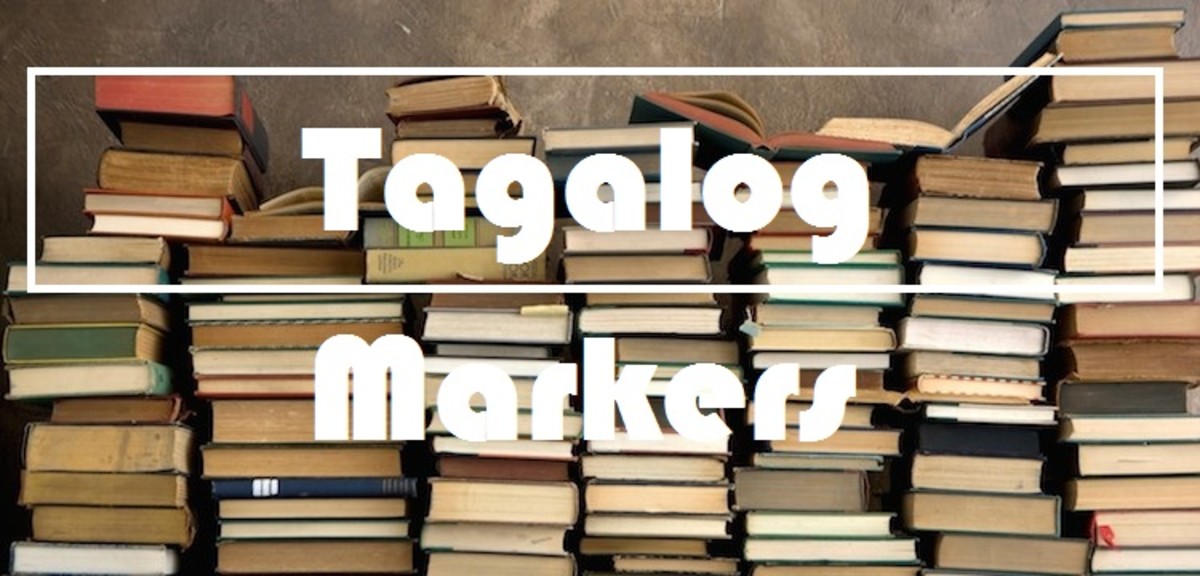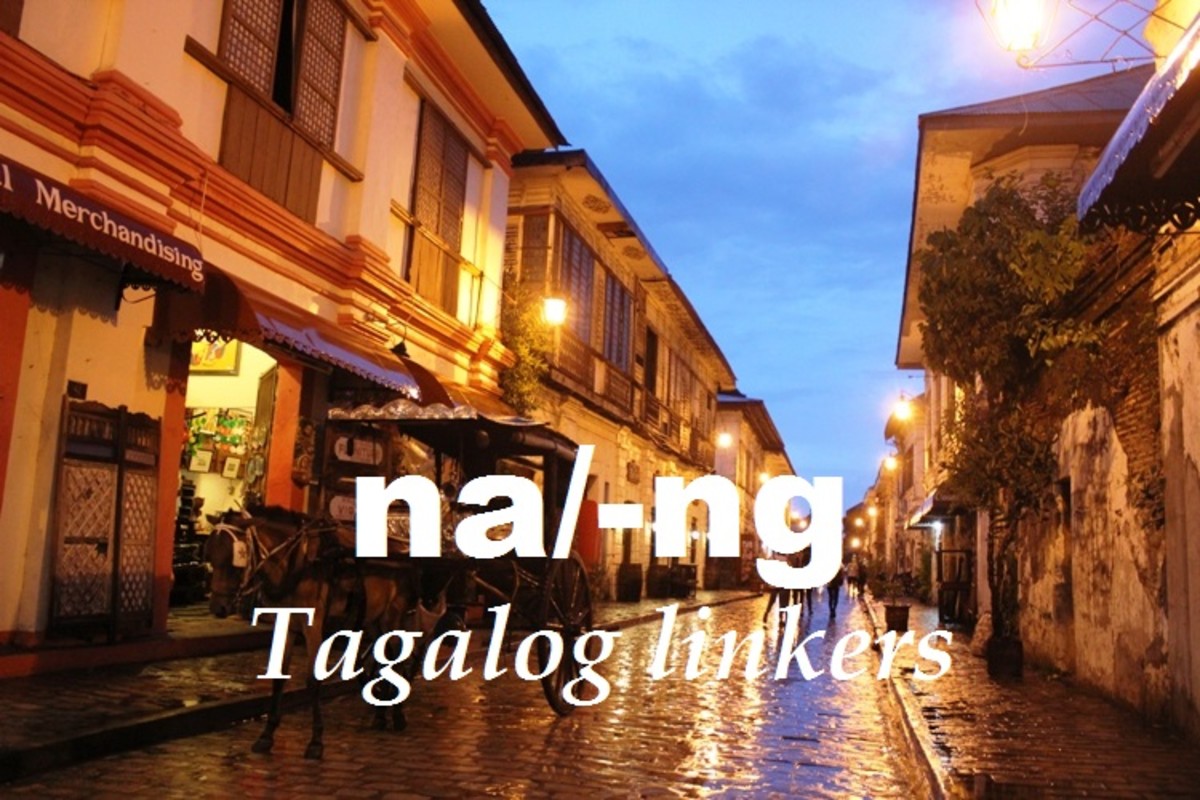How to Study and Learn the Catalan Language
La Sagrada Família in Barcelona, masterpiece of Catalan architect Antoni Gaudí

The Language of Catalonia
Catalan is a Romance language that is the native tongue of an estimated 10 million people worldwide. Catalan is the official language of the nation of Andorra and is a close relative of Spanish and French. Alongside Spanish, it's also the official co-language of the Spanish Mediterranean regions of Catalunya (Catalonia), Valencia (where it is known as Valencian) and Las Islas Baleares (The Balearic Islands). Catalan is also spoken in several coastal and northern regions of France and Italy.
Catalan is not a dialect of Spanish, as is commonly believed. Catalan is its own distinct language which developed from Latin in the Middle Ages and has its own distinctive linguistic patterns, phonetics and vocabulary.
History of Oppression
The language has a special place in the hearts of many speakers of Catalan, particularly in the autonomous region of Catalunya, where the Spanish government strictly prohibited the use of the language in any official capacity. The totalitarian Francoist dictatorship of Spain relentlessly oppressed the use of Catalan throughout the region in the first half of the twentieth century, and even sought to banish many beloved cultural traditions of the Catalan people. This was all in the ethnocentric hopes of replacing Catalan culture with Castillian Spanish culture, but more importantly, Franco sought to suppress the largely dissident and critical Catalan press and media.
Catalan in Recent Times
After Spain restored a democratic government in the late 70s, the Catalan people began to enjoy greater freedom of speech and slowly began restoring and reviving pride in their distinctly Catalonian cultural and linguistic traditions. Today there are many neighborhoods and communities in Catalunya where the only language you'll hear spoken is Catalan. Many neighborhoods in Barcelona, for example, have street signs, billboards and storefront signs only in Catalan, and the language is taught alongside Spanish in public schools. Catalonian culture has enjoyed a huge resurgence and reclamation among Spaniards of Catalonian ancestry.
Great Catalan Books
Self-Study Catalan Courses
Catalan is a relatively rare spoken language, and it may be difficult to find qualified native speakers from whom you can take Catalan lessons. Many language learning centers may not offer courses in Catalan, it's still possible to study it on your own and become relatively fluent in it.
Compared to other languages like Spanish, German and French, Catalan has few self-study books and courses available. However, there are a few good ones, and most of them come with pronunciation helps, CDs and online supplements. Here are four I've hand-picked and personally used.
- Colloquial Catalan had the best conversational Catalan resources. If you're looking to pick up some practical phrases and a feel for the language in applied conversation, in preparation for, say, a trip to Barcelona, this is probably your best resource.
- Catalan (Teach Yourself) has no CD or audio resources, but it does have a comprehensive dictionary and grammatical guide. This book is probably best for the serious student of linguistics who wants a thorough understanding of Catalan spelling, syntax and grammatical structure. For beginners, though, this one may be a little rough.
- Teach Yourself Catalan Complete Course and Complete Catalan are fairly comparable, in that they both come with two CDs and a self-study course. I thought Teach Yourself Catalan was more thorough, but the format of Complete Catalan was more user-friendly and the lessons broken down more logically. They are more or less interchangeable in scope and quality, so which one you choose probably depends on the type of presentation you prefer for the material.
I encourage you to check out the links above and read the Amazon reviews and information for each of these courses thoroughly. A serious student may benefit from purchasing Colloquial Catalan for immediate access to conversational Catalan, Catalan (Teach Yourself) as a reference guide and one of the two self-study courses as a methodical approach to mastering the language.
Online Catalan Classes
Today there are a few high-quality online resources for learning Catalan. The best part is, most of them are free or very low cost.
LiveMocha
My personal favorite is LiveMocha, which is a social network for language learners. It has nearly 80 self-paced classes in the language grouped into four complete classes. They are geared for the absolute beginner with no prior knowledge of Catalan. Native speakers volunteer to check your work, chat with you in the language and help you become fluent. Of course, the idea is that you'll do the same for someone looking to learn English on the site. It's great fun and highly interactive.
I would caution that although the terms of service are pretty strict, parents should supervise young kids and younger teens when navigating the site. It's against the LiveMocha terms of service for anyone under 13 to have an account there, but you can sign up for as many languages as you want, so if your child wants to learn Catalan, she can simply use your account to do so.
Linguata Catalan
Linguata Catalan is the Catalan version of the famous online language-learning software. While it doesn't deliver the lessons over the web --you have to download the software and install it onto your computer-- it does have online resources. The software works very much like the self-study book courses, with the main difference being that you can hear native speakers pronounce phrases right in the lesson. It's fairly inexpensive and you can try it out for free.
MyLanguageExchange.com
My Language Exchange is very similar to LiveMocha, although I personally find it less fun and less reminiscent of social media. Instead of letting you interact free-style with the community in Catalan the way that LiveMocha does, the idea behind My Language Exchange is that you'll be matched with a native speaker of that language who is looking to learn English. The site has over a million active users, and it does match more than one person to native speakers of rarer languages, so you may have some luck finding active Catalan speakers you can do a language exchange with. My Language Exchange is considerably more structured than LiveMocha, employing timed user sessions, group lesson plans and timers for conversational interaction, so it's up to you how structured you'd like your language excursion to be. Like LiveMocha, MyLanguage Exchange is free to join and use.
National Anthem of Catalunya
Catalan Links and Resources
- Learning Catalan on the Internet
These pages are meant to be a starting place for people who wish to learn Catalan on the Internet. It's a very old site, so you may find a few dead links, but overall, it's got a wealth of information. - Learn Catalan online for free
Catalan 101 provides useful information about the Catalan language including Catalan to English translations and much more. - Easy Catalan
A great and very simple introduction and reference for the most common Catalan phrases and words. Also has a section on Catalan culture, traditions and social exchanges. - Online Catalan Dictionary
The dictionary itself, along with its commands, is entirely in Catalan as well, but it's not hard to figure out how to navigate it if you don't speak the language. - Catalunya Radio
The national radio station of Catalunya, where my dad has worked for over a decade. :) A great place to develop listening comprehension and literacy and keep up with Catalan current events.









